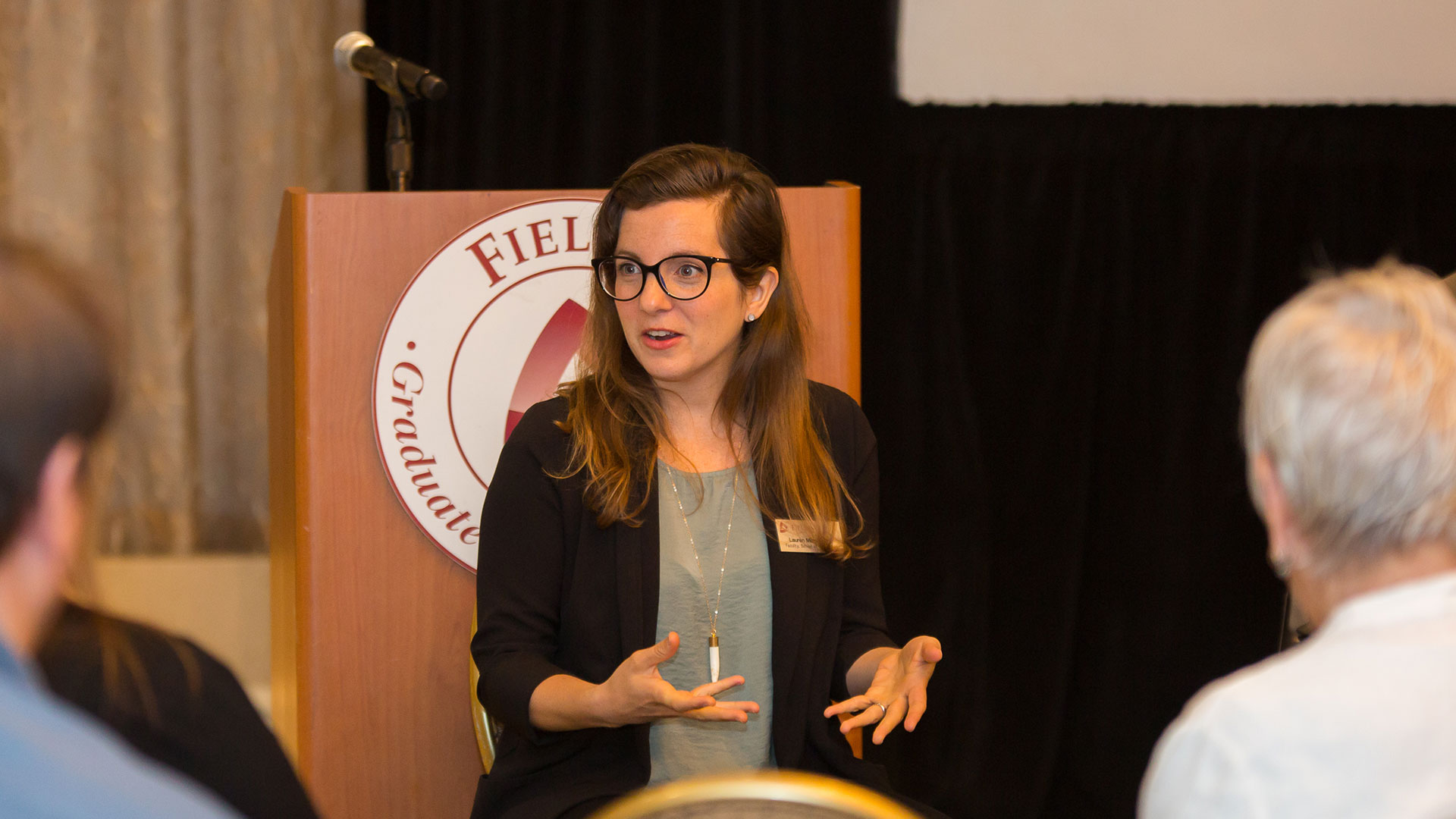Jokes that infantilize women and glorify irresponsible spending aren’t funny.
KEY POINTS
- #GirlMath is a popular TikTok trend, rationalizing spending purchases with irresponsible logic.
- Mental accounting provides the theoretical logic for the human tendency to subjectively value money.
- Even in jokes, labeling women as “girls” can undermine self-esteem and perpetuate stereotypes.
I don’t know whether to laugh or cry when I see #GirlMath. It is one of those TikTok trends that has grown out of the popularity of “girl” hashtags (#girldinner, #hotgirlsummer, #lazygirljob). I don’t know what bothers me most: the continued labeling of women as “girls,” a gender-neutral cognitive bias being attributed to females, or the fact that so many women think it’s funny.
“Girl Math” describes the use of illogical logic to justify spending choices. Rationalizing financial decisions makes popular #GirlMath memes, such as “You save money by buying things on sale” and “If you buy it with cash, it’s free.” This phenomenon has nothing to do with gender. It is a cognitive bias called mental accounting, except #GirlMath turns mental accounting into an Xtreme sport.
Real Life Can Be Funny
#GirlMath is so popular that brands are jumping on the bandwagon (another cognitive bias) because it’s trending without regard to perpetuating a condescending stereotype. Some of the #GirlMath examples are actually pretty funny, but that’s because they describe human phenomena, not because they are linked with girls. Memes that can capture mundane and pervasive bits of real life—especially those that defy rational logic or are a little bit embarrassing—can elicit a knowing chuckle, if not an outright guffaw.
Physiologically, things that make us laugh or smile are good. Humor changes our body chemistry and improves our mood. Even Freud thought humor and laughter were positive adaptive responses to negative emotions (Martin, 2003), and research continues to show the benefits of humor on well-being, mood, and general health (Kennison, 2020). A good meme can give you a boost of positive emotion and a sense of camaraderie and normalize silly or embarrassing experiences, triggering a neural reward to the sense of relief that comes with “thank goodness I’m not the only one.”
#GirlMath: When Funny Isn’t Good for You
#GirlMath TikToks offer often spurious explanations of why a splurge purchase decision makes sense, why prepaid Starbucks cards make coffee free, and why paying with a credit card isn’t like using real money. However, #killjoy alert. Take a moment to think about the implicit message that #GirlMath sends. Humorous does not mean harmless. In fact, the use of self-deprecating jokes often reflects a negative self-view that can make you ultimately feel worse (Martin, 2003), especially if you’re overdrawn at the bank.
#GirlMath describes a subverted version of subjective mental accounting. The theory of mental accounting comes from one of the pioneers of behavioral economics, Nobel laureate Richard Thaler (1985, 2015), a colleague of Kahneman and Tversky—you may also know of him as an author of the popular book Nudge (Thaler & Sunstein, 2008). The basic premise of mental accounting theory is that people are not rational. It describes how cognitive biases contribute to irrational financial decision-making. While categorizing money into different mental buckets can make things simpler and conserve brain energy, it makes us more vulnerable to cognitive biases such as framing (Kahneman & Tversky, 1979).
We all use mental accounting, categorizing money subjectively. When we do, we are also creating mental frames, attributing meaning to each bucket based on what we plan to use the money for. Common subjective mental designations (frames or, in this example, buckets) change how we think about money. Tax refunds, birthday money, and bill-paying money are in different buckets for most people. Even if you’re living paycheck to paycheck, if you find $100 on the sidewalk, it makes you happy because its purpose is unassigned and is more likely to go into the discretionary spending (free money) bucket than into the one that pays the electric bill. Free money is a hallmark of #GirlMath. In #GirlMath, free money doesn’t really count and can be spent on anything you want.
You may feel like you’re saving money rather than spending it by buying things on sale. I know I always enjoy seeing how much I “saved” on my grocery store receipt, even though I know it’s just a cognitive manipulation to make me more loyal to that store. It’s also not uncommon to amortize an expenditure across how often you’ll use something to make a big purchase feel reasonable. That Prada backpack starts to feel like a pretty good deal when you factor in daily use.
Mental accounting explains why rebates and bonuses feel like “free” money. Source: Pixelshot/Canva
When Humorous Trends Promote Irresponsible Behaviors
Messages that are frequently heard and trigger emotions can be very persuasive, especially when coming from an admired Influencer. Nike made a lot of money because aspiring basketball players wanted to “be like Mike.” Influencers offer more than entertainment. They can encourage imitation among those who want to feel emotionally connected and included. Over 80% of TikTok users are between 16 and 34, and over 30% are under 20. What happens when #GirlMath TikToks encourage self-deception? While it may not be surprising that 74% of teens are not confident in their financial literacy, consider that over 30% don’t understand the difference between a debit card and a credit card when you think about the messages promoted in #GirlMath (Jacimovic, 2023).
- If you use a credit card, you’re not really spending real money.
- If you pay cash, you’re not spending real money.
- If it’s less than $5, it’s “basically” free.
- Money isn’t real.
No matter how many mental buckets you have or how many excuses you make, money is very real when the rent or mortgage comes due. Those “basically free” $5 expenditures add up. That prepaid balance in your Starbucks app may be a sunk cost, but it is still real money. For most of us, financial resources are limited, not infinite. Money stress takes a toll on mental health, and, not surprisingly, finances are a topic source of stress for nearly 70% of GenZ (Guardian, 2023). Denial is not a good approach to financial health or a stress-free life.
Spend Like a “Girl”
The part of #GirlMath that annoys me the most is the use of “Girl.” Pantone made headlines with an ad campaign (femvertising) about what it means to “throw like a girl.” The ads illustrated how even young girls thought that throwing “like a girl” meant throwing a ball awkwardly and poorly. “Girl” is used in a lot of different ways in communication. It can be a sign of inclusion and affection: “Hey, girl.” It can indicate intimacy like “girl talk.” But context matters a lot. “Girl” can also be diminishing, implying a lack of maturity and competence, like “don’t be such a girl.” We use “girls” in a much different way than we use “boys.”
Plenty of research shows that language impacts how girls and women feel about themselves (Åkestam et al., 2017; Fagot et al., 1992). Women who were called “girls” in the workplace rather than “women” felt less confident, perceived they had fewer leadership qualities, and believed that others would view them as less prepared for leadership positions (Macarthur, 2015). #GirlMath, however humorous, infantilizes women and turns them into girls who lack financial savvy.
#GirlMath Is Only a Joke, Except It’s Not
Yes, I know it’s supposed to be funny and that the intention behind (most of) these hashtags is benign, not meant to perpetuate stereotypes or demean women. However, before you write it off as “only a joke,” consider that:
- Humor increases our attention and generates positive emotion.
- Heightened attention and positive emotions increase the persuasiveness of a message.
- We tend to believe things we hear frequently, especially from people we like.
- #GirlMath reinforces the idea that women are immature and less competent with money and finances.
- Underlying messages can become internalized, undermining self-esteem.
- #GirlMatch glorifies rationalization to excuse spending behaviors.
- Rationalization can easily turn into denial and distract from real issues, increasing stress and anxiety and undermining well-being.
Teaching Moments for Parents
These memes are great teaching moments for parents to start a conversation (not a lecture) about the message under the humor as a critical thinking exercise and explanation of cognitive biases. Ask your teens to show you a #GirlMath example they think is very funny or one that they’ve seen a lot.
Hare some starter questions:
- Is this really true?
- What makes it feel true?
- What would happen if you believed it?
- Why is it labeled “girl” math?
Kids may not see anything wrong with these memes and that’s OK. An open and friendly exchange can plant an important seed of awareness for the future.
This article also appeared on PsychologyToday.com.
References
Åkestam, N., Rosengren, S., & Dahlen, M. (2017). Advertising “like a girl”: Toward a better understanding of “femvertising” and its effects. Psychology & Marketing, 34(8), 795-806. https://doi.org/https://doi.org/10.1002/mar.21023
Fagot, B. I., Leinbach, M. D., & O’Boyle, C. (1992). Gender labeling, gender stereotyping, and parenting behaviors. Developmental Psychology, 28(2), 225-230. https://doi.org/10.1037/0012-1649.28.2.225
Guardian. (2023). Young workers lack financial confidence. GuardianLife.com. https://www.guardianlife.com/young-workers-lack-financial-confidence
Jacimovic, D. (2023). 25+ Educational Financial Literacy Statistics You Need to Learn About. MoneyTransfers.com. https://moneytransfers.com/news/2022/09/07/financial-literacy-statistics
Kahneman, D., & Tversky, A. (1979). Prospect Theory: An Analysis of Decision Under Risk. Eonometrica, 47(2).
Macarthur, H. J. (2015). When Women are Called” girls”: The Effect of Infantilizing Labels on Women’s Self-perceptions Penn State]. https://etda.libraries.psu.edu/catalog/25797
Martin, R. (2003). Sense of humor. In Positive psychological assessment: A handbook of models and measures. (pp. 313-326). American Psychological Association. https://doi.org/10.1037/10612-020
Thaler, R. H. (1985). Mental Accounting and Consumer Choice. Marketing Science, 4(3), 199-214. https://doi.org/10.1287/mksc.4.3.199
Thaler, R. H. (2015). Misbehaving: The Making of Behavioral Economics. W.W. Norton.
Thaler, R. H., & Sunstein, C. R. (2008). Nudge: Improving decisions about health, wealth, and happiness. Yale University Press.
Join Over 7,500 Fielding Alumni Located Around The World!
Change the world. Start with yours.™






Get Social